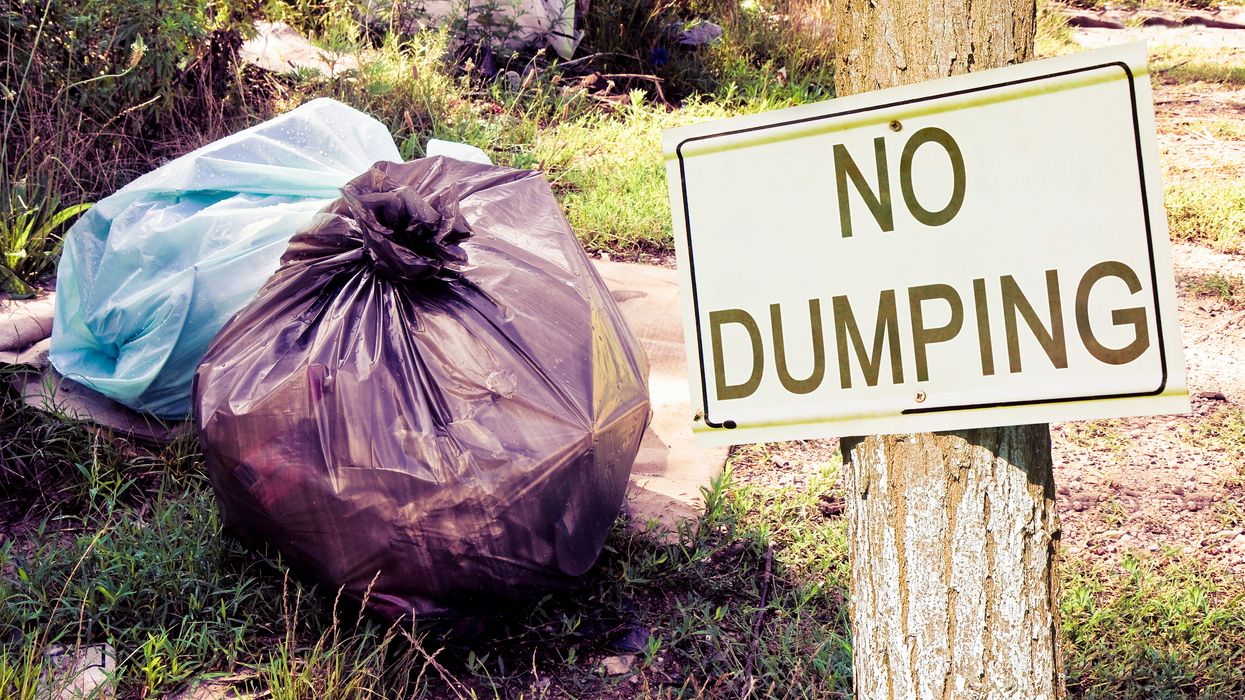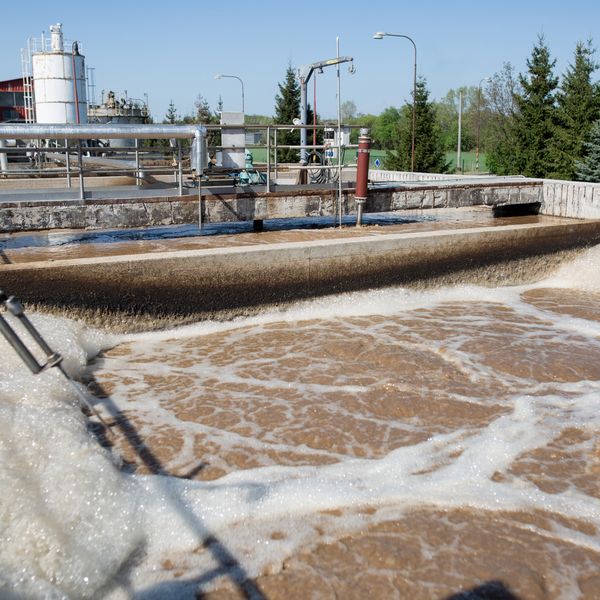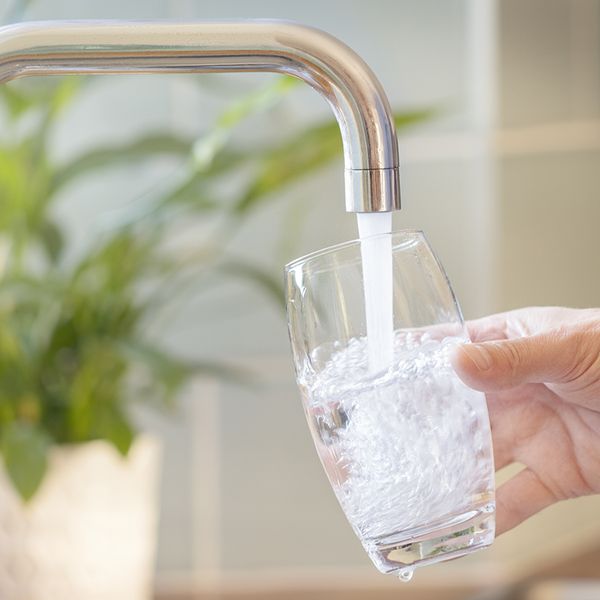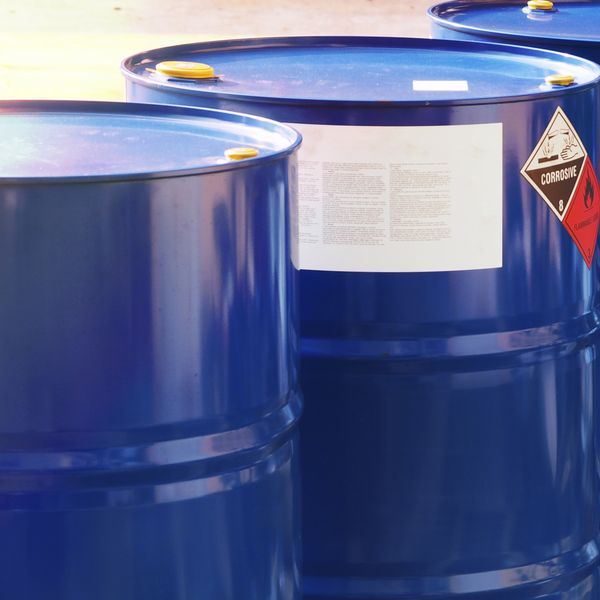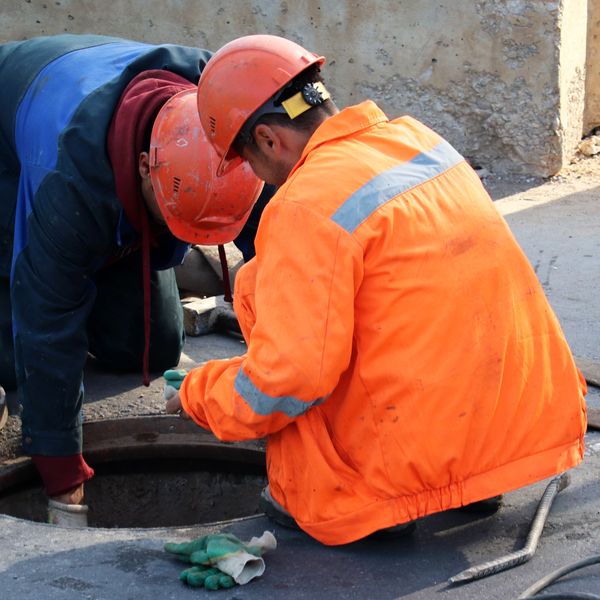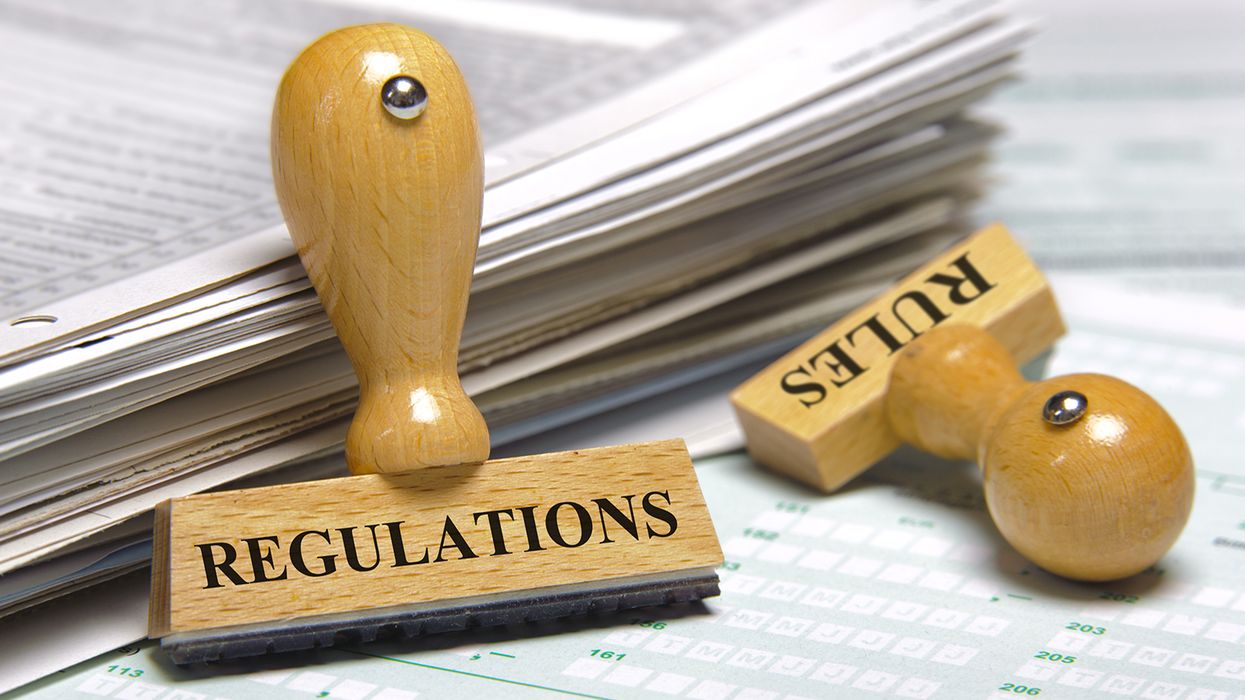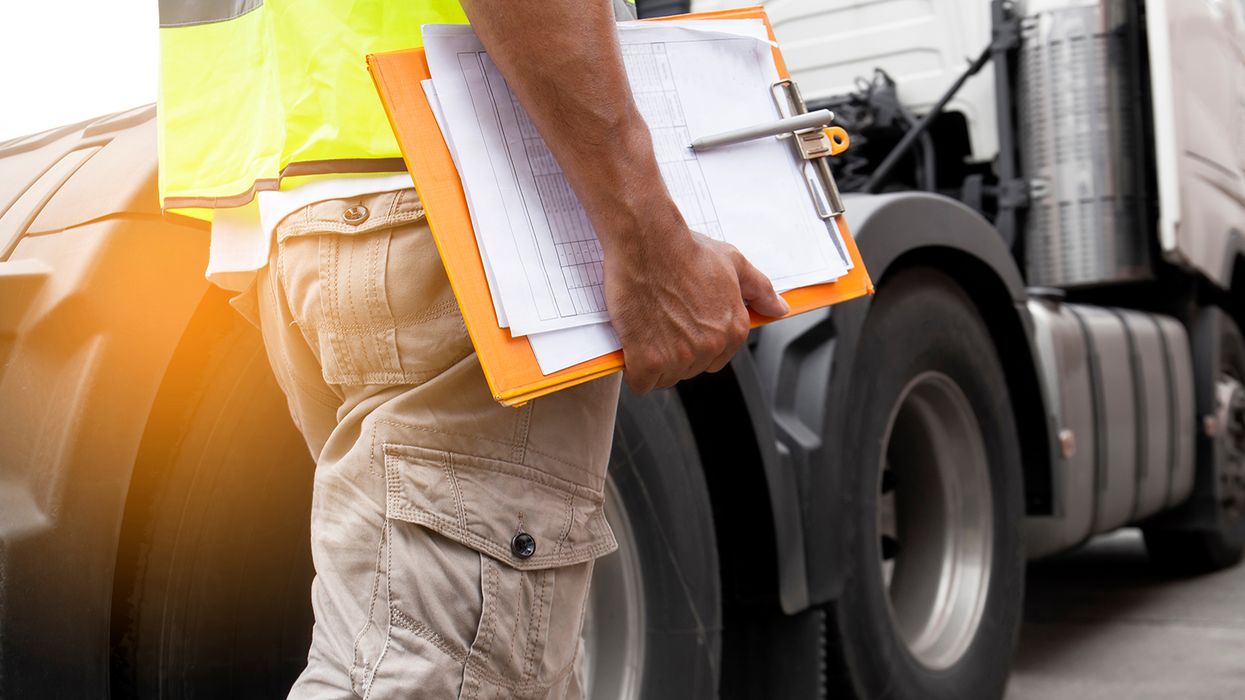State Updates
EPA issues permits to Massachusetts facilities
EPA has issued five draft National Pollutant Discharge Elimination System (NPDES) permits under the Clean Water Act for five Massachusetts bulk petroleum storage facilities located along the Chelsea River. When finalized, the draft permits will limit runoff and wastewater than can legally be discharged to the river and specify pollution control measures from the facilities.
New Jersey works to stop illegal dumping
In February, the New Jersey Department of Environmental Protection (DEP) launched a new program to help municipalities fight illegal dumping. DEP will run a project over the next ten months to provide monitoring equipment to communities and train partners on how to deter illegal dumping. In addition, the New Jersey Attorney General’s office will guide and train on civil and criminal enforcement.
Pennsylvania funds EV charging stations
The Pennsylvania Department of Environmental Protection will provide more than $936,000 in grant funding to expand electric vehicle use throughout the state. The grants will be used to install 16 fast chargers in high-traffic areas, the start of a draft rulemaking to make electric vehicles more available to consumers, and the release of a booklet on the benefits and basics of zero emission vehicles.
Tennessee summit to explore energy resilience
The Tennessee Department of Environment and Conservation is sponsoring the 2021 Better Buildings, Better Plants Summit from May 17-20. The virtual symposium will be a chance for Better Building partners to share best practices and new ideas for maintaining building operations, addressing workforce challenges, and improving energy security and resilience. Sign up here: betterbuildingssolutioncenter.energy.gov/summit/about.
Wisconsin forms advisory group on PFAS
The Wisconsin Department of Natural Resources launched a PFAS External Advisory Group in February to improve public engagement, collaboration, and shared accountability on PFAS contamination in the state. PFAS are a group of synthetic chemicals used in a wide variety of consumer products.
Arkansas gets approval for ozone
NAAQS plan Federal EPA approved the state of Arkansas’ plan for administering programs related to the National Ambient Air Quality Standards (NAAQS) for ozone. The state implementation plan (SIP) shows that it meets the Clean Air Act infrastructure requirements for the 2015 ozone NAAQS.
Iowa man, companies settle over wetlands
An Ottumwa, Iowa, man, and his two companies settled with EPA for allegedly violating the federal Clean Water Act (CWA) by constructing an illegal recreational vehicle campground on the banks of the Des Moines River. According to EPA, the companies filled in approximately 5 acres of protected wetlands and conducted unauthorized bank stabilization along approximately 2,000 feet of the river without first obtaining a required CWA permit. The defendants agreed to pay a $15,000 civil penalty and purchase nearly $230,000 in “mitigation bank” credits at a local wetland preserve.
Wyoming DEQ names new AMLD administrator
The Wyoming Department of Environmental Quality (DEQ) announced the appointment of Don Newton as the new Abandoned Mine Land Division Administrator. The DEQ’s Abandoned Mine Land Division is responsible for implementing Wyoming’s Abandoned Mine Land Reclamation Plan under the Surface Mining Control and Reclamation Act of 1977. Common problems addressed by the division include closing large open pits, reducing and eliminating high-walls, abating underground coal mine fires, etc.
EPA to raise sunken boat from California lake
EPA announced it would raise a vessel that sank in Lake Tahoe in January 2021. Because of oil leaks, the vessel is threatening the health of the lake. Therefore, the agency will spend up to $20,000 to remove the vessel and its debris from the lake. The vessel is believed to be an abandoned 40-foot recreational boat. According to EPA, all attempts to reach the owner of the vessel have been unsuccessful.
Washington seeks alternatives to PFAS in food wrappers
The State of Washington’s Department of Ecology issued a report to the Legislature identifying non-PFAS alternatives for food wrappers and liners, plates, food boats, and pizza boxes. The report begins a two-year timetable to restrict PFAS in these types of food packagings. Ecology says that removing PFAS from food packaging will make food safer and protect the environment.

